Disorders we treat
The Chicago Institute for Voice Care is a voice center with state of the art facilities with the latest equipment and techniques for repairing your voice. The disorders we treat include:
Benign Laryngeal Lesions
Most singers dread this term and non-singers aren’t too fond of it either. However, we can think about vocal nodules as your body’s response to too much work placed on the vocal folds. One thing to note is that nodules tend to come in pairs, so benign vocal nodules are often on both sides. Read More
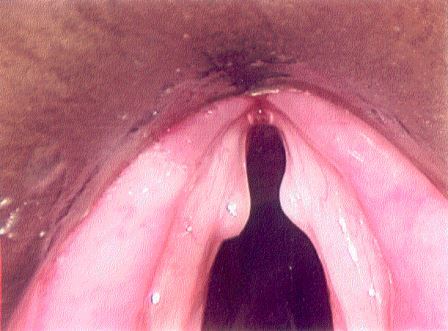
Vocal cord polyps are benign lesions that can grow on the vocal cord. Unlike polyps in the colon, the term polyp, when used to describe something on the vocal cord, means a benign, inflammatory growth that is VERY unlikely to turn into a cancer. Read More
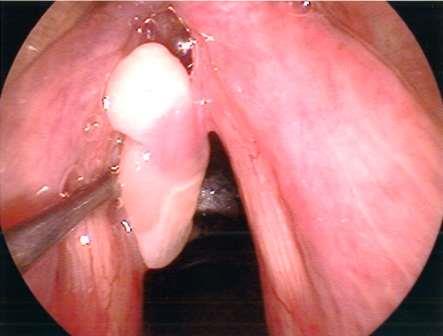
Very simply, a cyst is a fluid-filled sac. The vocal cords have a few small glands in them that help make the mucus designed to keep them lubricated. These glands have a small opening to let the fluid out. If the opening becomes clogged, the fluid can continue to collect and expand until a cyst forms. Cysts can also form after trauma to the vocal cords. Trauma can happen when we cough, sneeze, or use our voice for long periods of time without rest. Read More
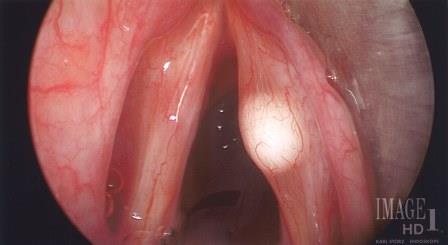
Most singers dread this term and non-singers aren’t too fond of it either. However, we can think about vocal nodules as your body’s response to too much work placed on the vocal folds. One thing to note is that nodules tend to come in pairs, so benign vocal nodules are often on both sides. Read More
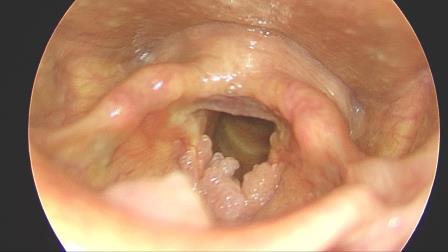
Neurological Voice Problems
Human beings have two vocal cords (the medical term is vocal fold) that are separate, yet function like one unit. These are the right and left true vocal cords (the lower sets of tissue that stretch across the larynx or voice box). They are controlled by our brains and receive signals to open and close from the brain through two nerves. Read More
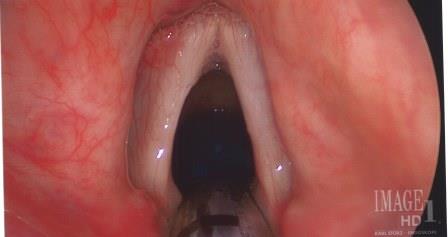
Vocal tremor is a voice disorder that really has to do with how the brain controls and coordinates muscles in the body. Simply put, when one has a vocal tremor, the voice “shakes.” Sometimes people respond to the shaking by squeezing the voicebox to hold things steady and a tight voice is the result. Read More

Spasmodic dysphonia (SD) is a voice disorder. The actual word “dysphonia” comes from “dys—meaning wrong and “phonia” which comes from phonation—the process of making voice. So, if there is a problem with how the muscles and tissues function to make voice, we identify this as a dysphonia. In spasdmodic dysphonia, there are abrupt, unintentional movements (spasms) in the voice box that cause abnormal voice production (dysphonia). Read More

A weak voice is a fairly frequent patient complaint. People tell us they have trouble being heard if they are not in the same room with a listener. They also talk about having trouble projecting their voice. We have had patients who were very concerned about people talking over them in business meeting and a female judge-patient who felt it was hard to control her courtroom because she did not have a commanding voice. Read More
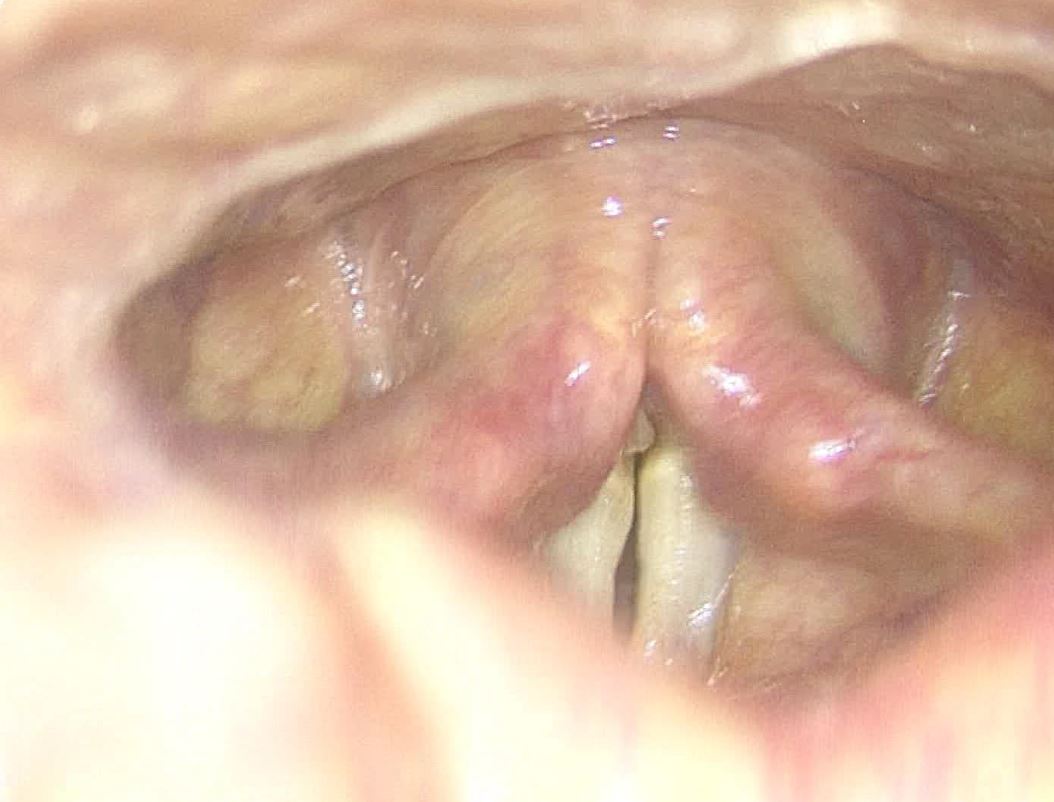
Stress and Anxiety Disorders
To understand MTD, it is probably best to begin thinking about how the voice works. There are muscles in the vocal cords (folds). In order for the voice to work, there should be some tension in these muscles. If they are too floppy, the voice can be weak. On the other side of spectrum, if the muscles are too tight, the voice will become strained and can even be painful. In addition to the muscles in the vocal cords (folds) there are muscles outside of the true voicebox (larynx) that are often involved in MTD. Read More
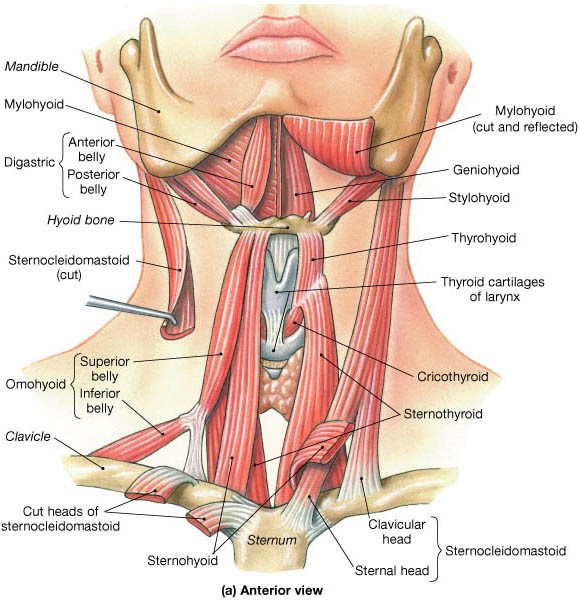
A weak voice is a fairly frequent patient complaint. People tell us they have trouble being heard if they are not in the same room with a listener. They also talk about having trouble projecting their voice. We have had patients who were very concerned about people talking over them in business meeting and a female judge-patient who felt it was hard to control her courtroom because she did not have a commanding voice. Read More
Chronic Irritation
Reinke’s edema is sometimes called smoker’s larynx. Edema is the latin term for swelling. So, Reinke’s edema is a term for swelling of the vocal cords described by Dr. Reinke. Most often this associated with a chronic irritant that creates swelling. Smoking and acid reflux are two of the best known causes of Reinke’s edema. Read More
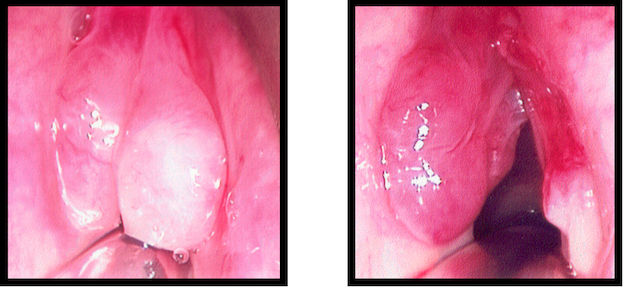
The human body is wonderfully designed. So, the stomach knows its job is to breakdown the foods we eat into nutrients the body can use. In order to do that, there are some powerful digestive enzymes and acids in the stomach. The stomach and the lower digestive tract can tolerate some degree these digestive substances. However, if these compounds leave the stomach and go back upwards in the swallowing tube or even make it all the way up to the top of the swallowing tube, they cause issues and we call this process acid reflux or reflux for short (since sometimes, it's not acid, but other digestive enzymes.) GERD is gastroesophageal reflux and patients often have belching and heartburn. GERD is often more familiar to people than laryngopharyngeal reflux (LPR). Read More
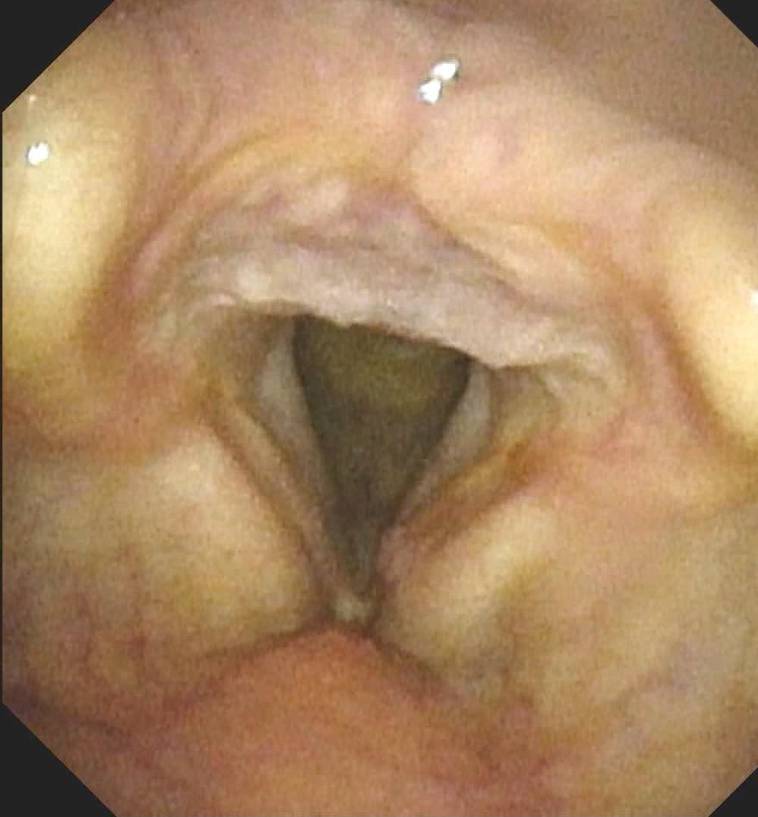
Hoarseness is primarily a subjective term and usually refers to voice quality that seems abnormal or changed to the patient. Dysphonia is similar but may also mean difficulty making sounds and this term is more commonly used by doctors than patients. Some terms which may be used to describe a voice change are: breathy, harsh, shaky, weak, reduced to a whisper, or vocal fatigue (a voice that deteriorates with use during the day). Read More
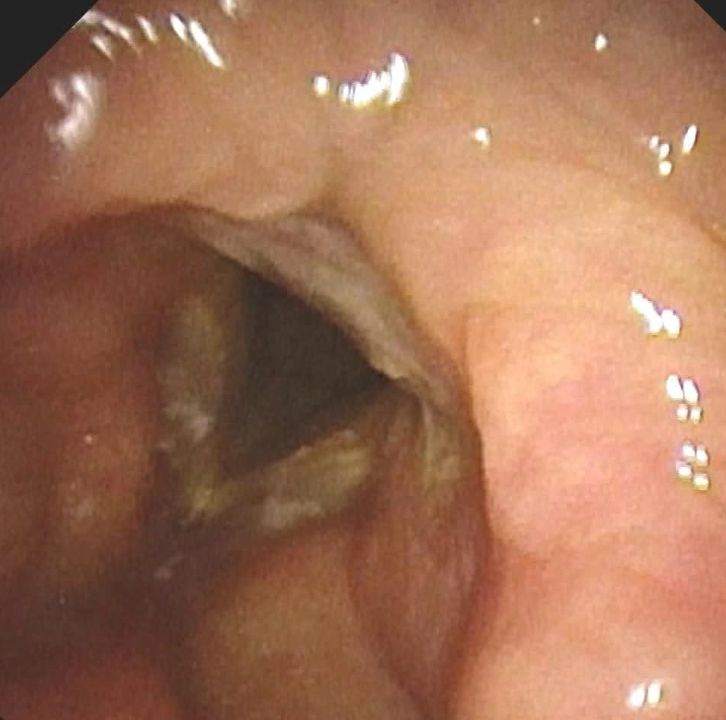
Malignancy
Cancer is a dreaded term that most patients fear. Sometimes, the fear of cancer is so strong, that patients do not come to see their doctors because they are afraid that the physician might tell them they have cancer. Read More
